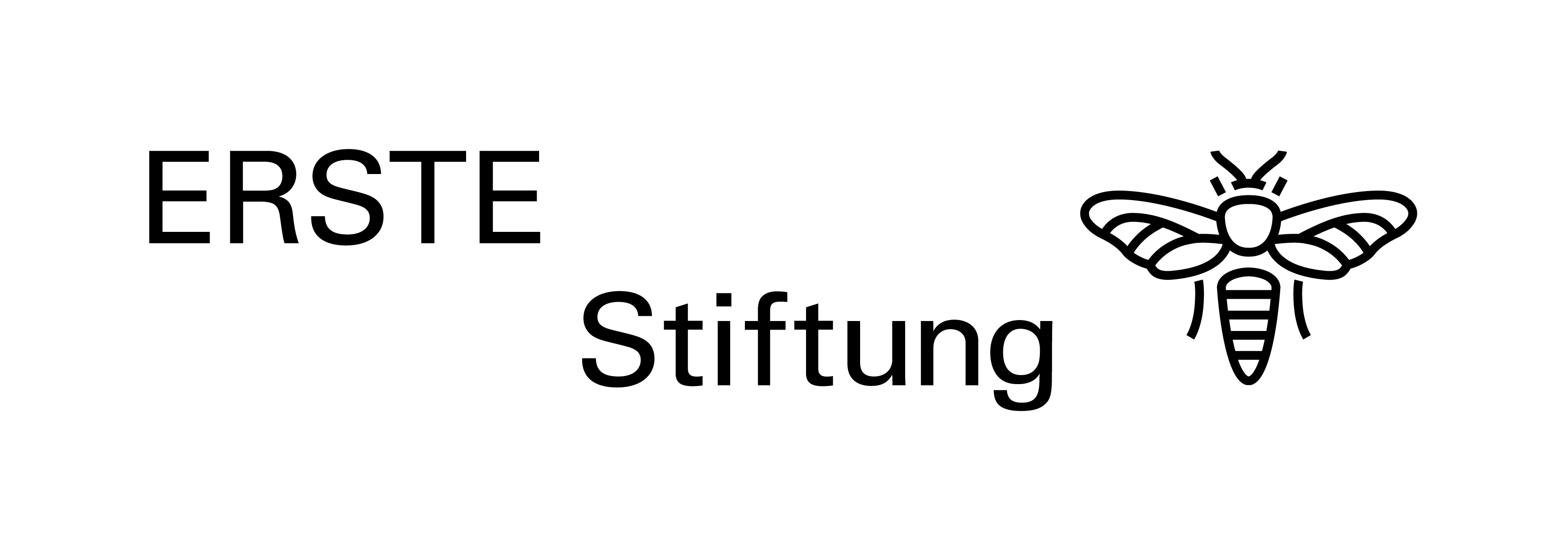Europe’s Futures is dedicated to bringing together leading political thinkers to reflect on the state and future of liberal democracy—and of liberalism more broadly.
Over the past decade, the liberal world order established after the Cold War has collapsed. What the world is witnessing is not just a crisis of liberalism but an illiberal revolution. The effects of this are acutely felt across Europe, as the European Union is, at its core, a liberal project.
The program is based on the conviction that, in the face of profound challenges, liberalism can only be revived if some of its concepts and practices are subjected to critical reassessment.
A select group of fellows will be invited to explore—from their intellectual perspectives and in dialogue with one another—the societal shifts fueling today's illiberal revolution and to examine fundamental assumptions underpinning the liberal project.
In the 2025-26 academic year, Europe's Futures Fellowships have been awarded to Francis Fukuyama, Leonie Haiden, Michael Ignatieff, Maciej Kisilowski, Hana Martínková, Yascha Mounk, James C. O'Brien, Tomáš Sedláček, Assaf Sharon, and Lea Ypi.
Europe’s Futures was initiated in strategic partnership with ERSTE Foundation. Originally conceived by former Permanent Fellow Ivan Vejvoda, the program engaged forty-eight fellows in its first cycle (2018 – 2024), who developed policy responses to the ongoing political crises in Europe.
Their work focused on three key areas: value challenges arising from a perceived failure of Europe to deliver on its promises and articulate a positive vision for the future; internal challenges such as the erosion of democratic structures, institutions, and rights in European countries; and external challenges including Russia’s war of aggression against Ukraine, the stalled accession process in the Western Balkans, and forced migration.
The alumni network will continue its collaborative efforts through the Europe’s Futures Initiative (EFI), an independent Vienna-based association established under the auspices of ERSTE Foundation. Set to start operations by 2026, EFI will focus on policy development and advocacy in support of democratic development in Europe.
The Europe’s Futures project is run in collaboration with ERSTE Foundation.

Dino Pašalić
Europe’s Futures Project Director (ext. 205)
pasalic@iwm.at
This research program is led by Albert Hirschman Permanent Fellow Ivan Krastev.


































































